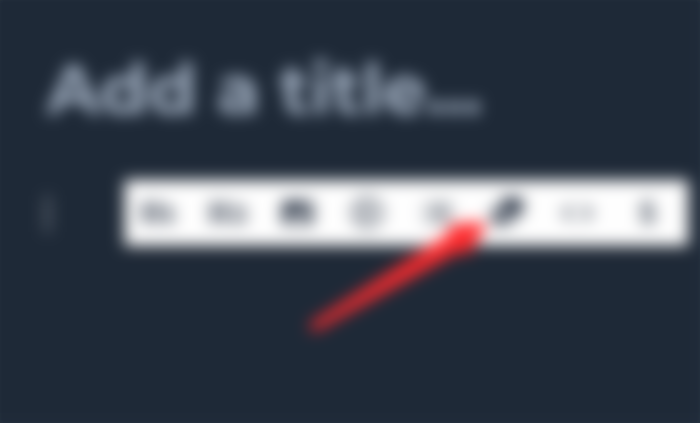Hello ladies and gentlemen, happy Sunday to you all (it's probably no longer Sunday by the time you're reading this but happy Sunday all the same 😉). Today's article will be talking about some of the things which some people may not know that can end their blogging journey, not only here but everywhere else on the internet (hive, blurt, or even personal blogging websites).
But before we go to the main event, let me give you a little back story to what brought about this topic. I was reading a friend's article earlier today and I quickly speed-read right through it and went to the comment section to drop my feedback. I came across another user in the comment section asking if the article was copied from somewhere else, to which my friend said yes.
I went through the article again and realized it was actually copied from somewhere else (over 80% of the article was copied) and I told my friend he should stop doing that hence he will get his account spammed by rusty. From the questions he asked me later on, I discovered he didn't actually know what he did was wrong and was heavily frowned upon on the internet. What he did ladies and gentlemen is what we call PLAGIARISM.

What is plagiarism?
According to the University of Oxford,
Plagiarism is presenting someone else’s work or ideas as your own, with or without their consent, by incorporating it into your work without full acknowledgment.
To put it plainly, plagiarism is the same as stealing. I realized a lot of people don't actually know when or how they end up plagiarizing and I believe it's one of those things you need to know about so you don't end up unintentionally doing it and getting your account spammed in the process.
What are the things you need to watch out for?

First of all, whenever you are doing an article based on research, always make sure you don't copy entire articles from another website and use them as your main content. Doing an article based on research simply means you already know a couple of things about that particular topic and you just needed a refresher to recall those things or you just need facts to support your articles.
DON'T write a research topic about a field you know completely nothing about. Only do this if you're very sure you have read and understood everything about that topic and you can explain it using your own words. Writing about a field you know nothing about simply means you're going to be copying a lot of things from somewhere else. There are no two ways about it, you can't give what you don't have.
If you are writing about a topic you're familiar with and you copied some sentences from another website, make sure to MENTION the source. Take for example this article you're reading right now, you can think of it as a research article but I am familiar with the topic (based on my personal experience and knowledge gained from years of research).
Do you notice the part where I defined plagiarism? I did two things there. First, I put the copied definition in a quote block, and secondly, I mentioned the source which I got it from. Putting the copied text in a quote block shows it's not part of your work and you copied it from somewhere else, then you go ahead and add the source where you copied it from as well.
How do you make a quote block?
It's actually very easy in readcash to make a quote. Whenever you go to a new line in the text editor, a toolbar shows up which have various tools and the one you are looking for is something looking like a text message icon.

After placing the copied text in there, you can go out of the quote block by pressing the enter button twice. A shortcut you can use to quickly create a quote block is pressing the "greater than" sign (>) and then giving a little space before putting the copied content in there. I usually use shortcuts because it's faster for me.
The reason I mentioned that shortcut is that the users in hive might not be able to find the quote button but the same shortcut works over there (greater than sign >) and that's because Hive and readcash use the same text editor source; a programming language called markdown, and I like to believe the same is used in Blurt
Always make use of a quote block when copying things from somewhere else and then add the source which you copied it from. If you can't seem to use a quote block, then simple quotation marks ("") around the copied sentence are also good, you can also make it bold or use italics, just make it stand out from the rest of your contents.
Aside from keeping your account safe from the wrath of rusty, it's also a sign of respect and courtesy to the original owner of the work when you acknowledge them. It's not a good feeling when you see someone else using your work and they don't acknowledge you as the owner, you will probably get pissed off too if it happens to you.
Up next I will be talking about more things to look out for in plagiarism, plagiarism in images, ways to check for plagiarism and the tools you can use, and also some other tips and tricks to help you avoid plagiarism. All these will be tackled in the next and final part of this article, so stay tuned
To be continued...
Thanks for reading 💖💖💖
Sunday June 26, 2022



I detest plagiarism and one who engages in such. Many people just want free things and are not ready to put in the effort. Once I see you plagiarize, I warn you and if you don't change, then I move away and it means such a person won't last wherever he or she is.